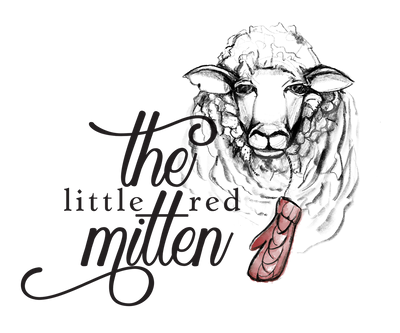Schoppel Zauberball Starke 6
The original! Every sock is artwork - every sock is unique. This yarn comes with a warning - knitting can be addictive!
Weight: Sport/DK, 150g, 400m, 437y
Gauge: 22 sts/4" on 3.00 - 4.00mm (US 2.5-6)
Care: Hand wash, lay flat to dry
More About Schoppel Wolle
We are driven by our fascination for the creative possibilities of knitting. The passionate knitter is always at the focus of our product development. The yarn should be a conveyor of ideas and our benchmark is the success of the pieces created with it.
Color is the language of the unconscious mind. It is like an endless source, from which new combinations and possibilities can be created. We see the yarn as a carrier of color and form. As elementary components, randomness and calculation are playfully integrated into the
development process. Color becomes the central focus and a source of inspiration. We are proud that our yarns are being met with approval by designers and textile creatives all around the world.
For more than 70 years, our traditional company has been synonymous with the production and further processing of hand-knitting yarns that are “Made in Germany.” Our textile expertise has been developed over decades and is more valuable today than ever before. The production takes place in Germany, partly on self-developed and patented machines. Our milled yarns and “Zauberbälle” are enjoying huge popularity – andthe fact that they are made in Germany ensures a consistent level of quality.
Our awareness that the world is ours to share influences everything we do. Sustainability is a matter very close to our hearts. And this starts with us developing our products in a very conservative way. We see our suppliers as partners. Fast-changing product assortments are of no use to anyone. Our organic merino items have been certified with the GOTS eco-label. This GOTS (Global Organic Textile Standard) seal of approval has very strict requirements and criteria along the entire production chain. It stipulates that the sheep may not be raised on factory farms using mass production methods. Instead they should cultivate areas of land that are no longer used for agricultural purposes, such as in Patagonia and also on the Swabian Jura mountain range in Germany, where the climate is harsh and inhospitable. This means that the animals enjoy a life in harmony with nature. The mulesing treatment is not known in these areas and therefore not used. Reason enough for us to only use wool from these regions.

















